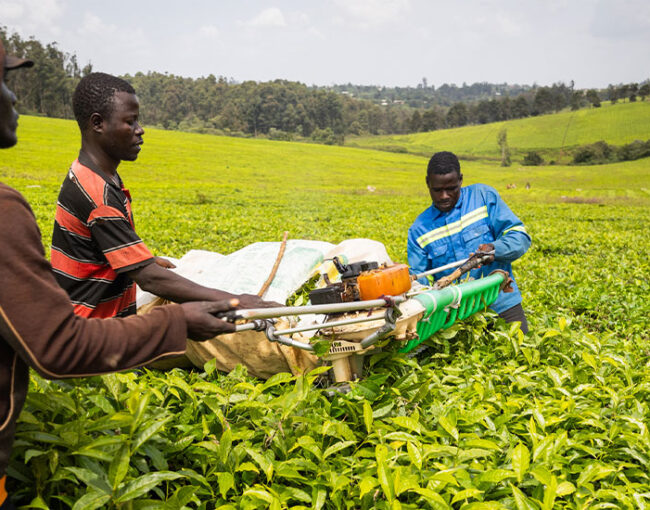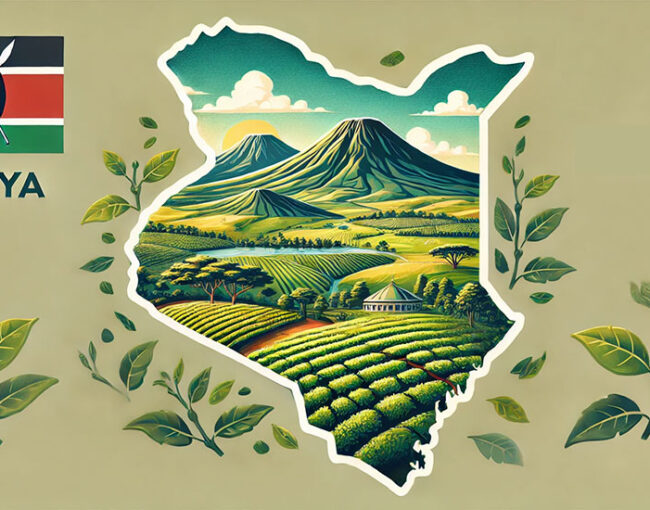Introduction
In a world that often seems to spin faster each day, one comforting constant remains: our love for a soothing cup of black tea. The global demand for bulk black tea has been on a steady rise, driven by cultural traditions, increasing awareness of health benefits, and expanding market opportunities. In this article, we explore the trends shaping the bulk black tea market, the countries leading in consumption, the factors driving demand, and projections for the future.
The Undying Popularity of Black Tea
A Timeless Tradition
Black tea has been integral to many cultures for centuries. Its rich, robust flavor and invigorating caffeine content make it a go-to beverage for millions across the globe. Whether sipped during early morning routines, served in social gatherings, or celebrated in tea ceremonies, black tea carries a legacy that transcends generations.
Health Benefits
Beyond its captivating flavor, black tea is renowned for its health benefits. Rich in antioxidants like polyphenols, it promotes heart health and supports stress reduction. It also contributes to improved digestion and immune support, making it more than just a beverage—it’s a natural wellness solution.
Countries with the Highest Demand
India: The Leading Consumer
India remains the undisputed leader in black tea consumption. Tea is an essential part of everyday life, with millions of chai wallahs (tea vendors) lining the streets, providing freshly brewed cups to commuters and passersby. Black tea is ingrained in Indian culture, symbolizing hospitality, comfort, and a sense of community.
China: A Growing Appetite
China, traditionally known for green tea, has seen a growing appetite for black tea. The shift in consumer preferences is reflected in the increasing domestic consumption of black tea, complemented by the country’s significant production capabilities. As black tea gains popularity, China is positioning itself as both a leading producer and consumer.
The United Kingdom: A Tea-Drinking Tradition
The UK’s deep-rooted love for tea remains unwavering. Tea time is a cherished tradition, with black tea being a quintessential part of British households. From morning breakfast to afternoon breaks, black tea isn’t just a beverage in the UK—it is a cultural staple that embodies warmth, comfort, and tradition.
Factors Influencing the Demand
Health and Wellness Trends
With increasing awareness of the benefits of a healthy lifestyle, more consumers are turning to black tea for its numerous health benefits. Rich in antioxidants, black tea supports cardiovascular health, boosts metabolism, and helps in stress management. Its wellness properties are a major driver behind the rising demand, particularly among health-conscious individuals.
Market Expansion and Specialty Teas
The rise of cafe culture and specialty tea shops worldwide has also contributed to the surge in black tea consumption. Innovative tea blends, new flavor profiles, and aesthetically pleasing presentations have helped attract a younger and more diverse audience. Black tea, often incorporated into trendy tea lattes and fusion beverages, has become more than just a classic choice—it’s now a fashionable one too.
Convenience and Packaging Innovations
Modern consumers lead busy lifestyles, and convenience is key. The availability of black tea in easy-to-use formats—such as tea bags, instant powders, and ready-to-drink bottles—has significantly increased accessibility. These convenient options cater to evolving consumer demands, helping to sustain the popularity of black tea across various demographics.
Market Projections
Steady Growth Ahead
Market analysts project continued growth for the global bulk black tea market, fueled by increasing consumer awareness of its health benefits and its place in cultural traditions. The versatility of black tea, whether consumed hot, iced, or as a blend in various beverages, ensures its relevance in diverse markets.
Emerging Markets in Asia and Africa
Emerging markets across Asia and Africa are poised to play a significant role in the black tea industry’s future growth. Rising disposable incomes, urbanization, and changing consumer tastes are driving demand in these regions. Moreover, countries like Kenya—a major black tea exporter—are well-positioned to meet this growing demand, with bulk exports set to increase as more consumers join the global tea-drinking community.
Sustainable and Ethical Sourcing
Consumers are becoming increasingly concerned about sustainability and ethical sourcing. Brands that emphasize fair trade practices and eco-friendly production are gaining traction in the market. Sustainable black tea production practices, which focus on environmental conservation and support for local farmers, will likely continue to shape consumer preferences and drive the growth of ethical brands.
Conclusion
The global demand for bulk black tea is on an upward trajectory, spurred by cultural heritage, health consciousness, and expanding market opportunities. As the world grows increasingly interconnected, the love for this timeless beverage transcends borders. With promising growth ahead, particularly in emerging markets and with a focus on sustainability, black tea is well-positioned to remain a beloved staple worldwide—a beverage that’s not just here to stay, but to thrive.



